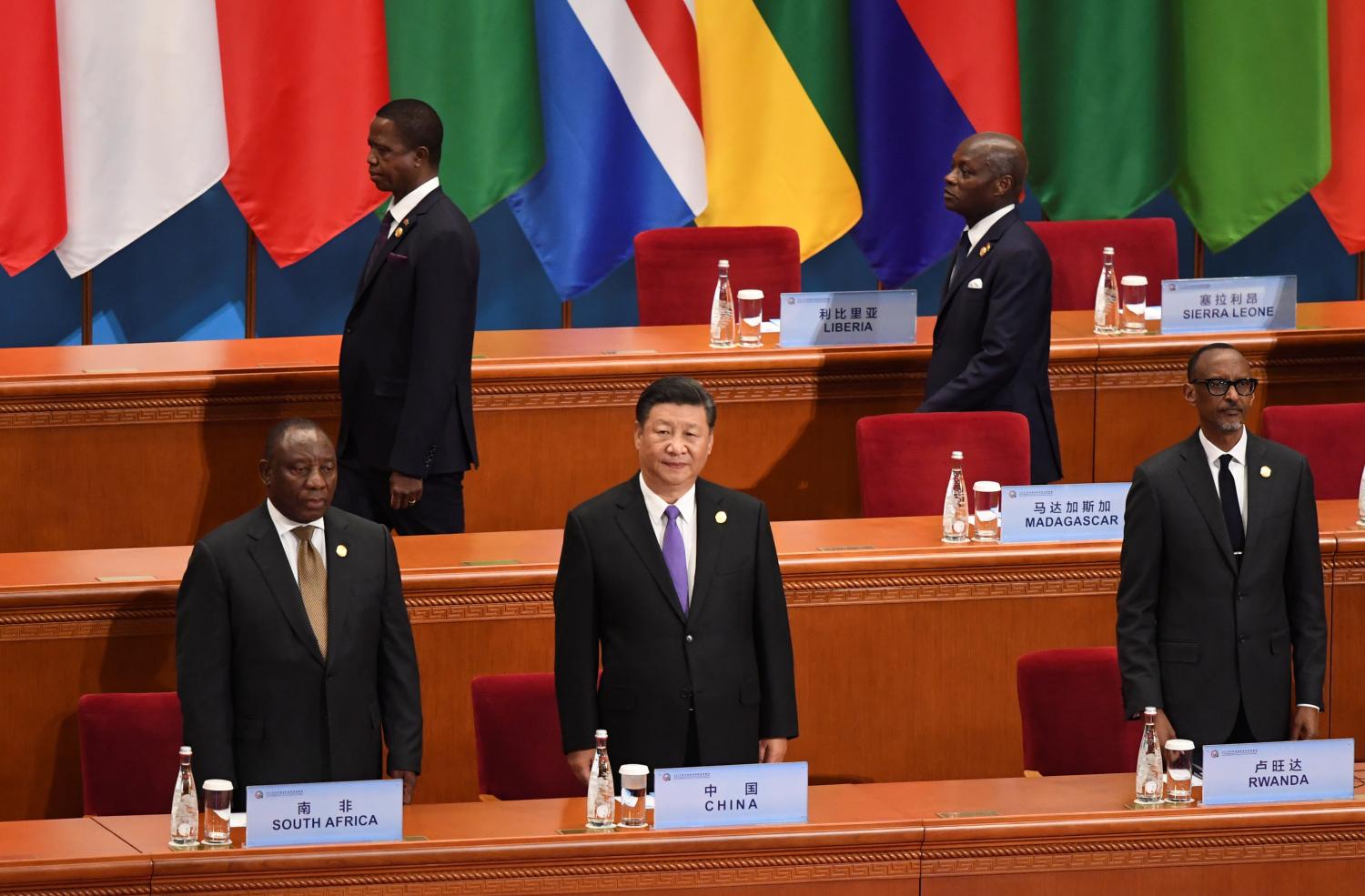Cold War Influence On African Presidents.
By Beyonddennis
The Cold War, a period of geopolitical tension between the United United States and its allies (the Western Bloc) and the Soviet Union and its allies (the Eastern Bloc) after World War II, profoundly shaped the trajectory of African nations and the leadership styles of their presidents. As newly independent states emerged from colonial rule, they found themselves thrust into a global ideological struggle that offered both opportunities and profound challenges. This era saw African leaders navigate a complex landscape, often compelled to align with one superpower or another, a decision that carried significant implications for their domestic policies, economic development, and international relations.
Africa as an Ideological Battleground
The Cold War superpowers viewed Africa not merely as a continent of burgeoning nations but as a crucial arena for expanding their respective spheres of influence. For the United States, containing the spread of communism was paramount, while the Soviet Union sought to champion anti-colonial movements and promote socialist ideals. This ideological competition meant that African presidents often faced immense pressure to declare allegiance. Leaders like Kwame Nkrumah of Ghana initially pursued a non-aligned path, advocating for Pan-Africanism and economic independence. However, even non-alignment became a strategy within the Cold War framework, as both blocs vied for influence over these neutral nations.
Many African presidents found themselves in a precarious position, leveraging offers of aid, military assistance, and political backing from either side to consolidate power or pursue national development goals. This external support, while seemingly beneficial, often came with strings attached, impacting their foreign policy decisions and internal governance. For instance, leaders who embraced socialist rhetoric might receive support from the Soviet Union, leading to state-controlled economies and one-party rule, while those who favored market-oriented policies often found patronage from Western nations.
Proxy Wars and Regional Instability
Perhaps one of the most devastating impacts of the Cold War on Africa was the proliferation of proxy wars. The superpowers, unwilling to engage in direct conflict, supported opposing sides in civil wars and regional conflicts across the continent. Angola, Ethiopia, Mozambique, and the Democratic Republic of Congo (then Zaire) became flashpoints where Soviet-backed and US-backed factions clashed, leading to prolonged violence, immense human suffering, and the destabilization of entire regions.
African presidents caught in these conflicts often found their very survival dependent on external patronage. Jonas Savimbi's UNITA in Angola, for example, received significant support from the US and South Africa, while the MPLA government was backed by the Soviet Union and Cuba. These external interventions prolonged conflicts, undermined democratic institutions, and diverted resources that could have been used for development. The personal rivalries and political ambitions of African leaders were frequently amplified and exploited by the war's global contestants, turning localized disputes into international battlegrounds.
Economic Influence and Authoritarianism
The economic policies pursued by African presidents were heavily influenced by their alignment during the Cold War. Countries aligning with the Soviet Union often adopted command economies, characterized by state ownership of industries and central planning. While this was sometimes presented as a path to rapid industrialization and equitable distribution of wealth, it often led to inefficiencies, corruption, and a lack of innovation.
Conversely, those allied with the West typically embraced market-oriented economies, receiving aid and loans from institutions like the International Monetary Fund (IMF) and the World Bank. While this offered access to global markets and capital, it also came with conditions that sometimes limited national sovereignty and led to structural adjustment programs with mixed results.
Furthermore, the Cold War's emphasis on strong, centralized states, often for the purpose of maintaining stability against perceived internal and external threats, inadvertently fostered authoritarian tendencies among many African presidents. Both superpowers prioritized loyalty and strategic advantage over democratic governance and human rights, often overlooking or even propping up repressive regimes so long as they served their geopolitical interests. This meant that leaders who suppressed dissent or clung to power through undemocratic means frequently found international backing, hindering the development of robust democratic institutions on the continent.
A Legacy of Complexities
The end of the Cold War in the early 1990s left a complex legacy for African presidents and their nations. The cessation of superpower rivalry removed a significant source of external support, forcing many regimes to confront their internal weaknesses and economic realities without guaranteed foreign aid. While some saw this as an opportunity for genuine self-determination and the blossoming of multi-party democracy, others struggled with the sudden withdrawal of patronage, leading to further instability or economic hardship. The ingrained patterns of governance, the lingering effects of proxy conflicts, and the economic structures shaped by Cold War alignments continued to influence African nations long after the global ideological struggle had concluded. The choices made by African presidents during this pivotal era continue to shape the continent's political and economic landscape to this day, a testament to the profound and enduring influence of the Cold War.
